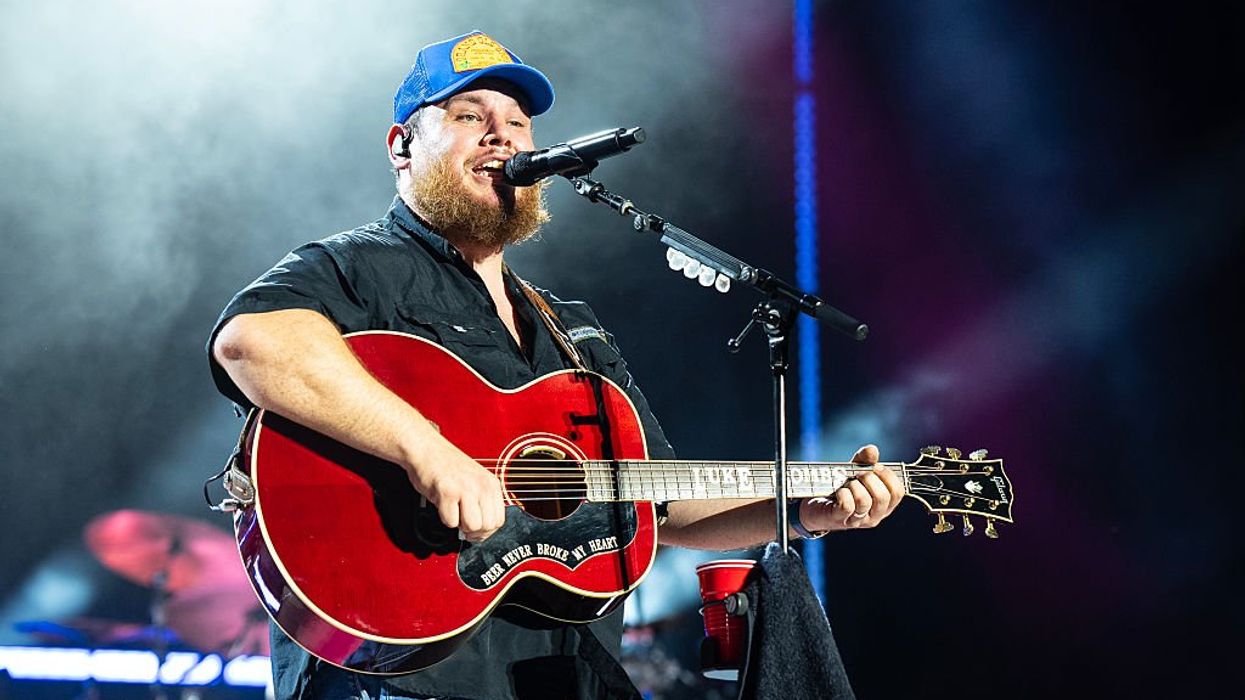When Luke Combs and Tracy Chapman performed "Fast Car" at the 2024 Grammys, it wasn't just a musical moment; it was a civic one. As I wrote at the time in The Fulcrum, "seeing Chapman and Combs on stage together gave me hope that the work I do… to heal the divide… might actually have a chance to succeed." Their duet became a viral reminder that empathy still resonates—and that music can serve as a bridge when politics fail to do so.
Yet here we are, more divided than ever.
For one moment, unity had a sound. Combs and Chapman didn't preach or post. They sang. And in doing so, they invited us to consider that democracy isn't just a system — it's a culture we must nurture together. It's in the rhythm of shared stories, the cadence of empathy, the harmony of vulnerability.
In November 2023, I reflected on Combs' Love Can Build a Bridge and wrote that music can "multiply an audience's energy and join us so that we are more than the sum of our parts." Today, those lyrics feel even more urgent:
Love can build a bridge between our hearts. Is it time?
In this time of rancor and cultural division, country stars without preaching invited us to consider that democracy isn't just a system, but a culture that we must advance together.
Other country artists could make their voices heard to amplify the moment.
Country music in 2025 takes on many forms. Jason Isbell's "Hope the High Road" is an example that calls listeners to reject cynicism in favor of commitment.
Morgan Wallen, through his crossover success and despite the lingering controversy surrounding his past transgressions, provides a blueprint for enabling country music to transcend regional boundaries and become a mainstream genre. Although he has not fully leveraged his success to bridge this gap, his music can offer urbanites insight into a culture and place they may have previously overlooked, while also incorporating elements of rap, pop, and other genres that more rural listeners may have been previously blind to.
Wallen's appeal to urbanites is demonstrated by his filling of stadiums in large urban centers; some of his biggest audiences are in major metropolitan areas.
Of course, if the biggest country star of them all, Dolly Parton, decides to raise her voice, she could make a difference. She has been quiet in 2025, mourning the death of her husband Carl Thomas Dean in March. Before his death in February, she made a rare public statement that touched on themes of unity and civic responsibility. In a heartfelt response to Indiana Governor Mike Braun and the state legislature after they proposed cutting funding for her Imagination Library, a program that provides free books to children under five, Dolly made this passionate statement about how the program "unites us all — regardless of politics — because every child deserves the chance to dream big and succeed".
Dolly Parton has consistently remained bipartisan, which may contribute to the strength of her desire for our nation to come together. Her statement about the Imagination Library was a clear call for bipartisan support of early childhood education and a subtle reminder that certain values transcend political divides.
As written in the Fulcrum on July 11, 2025, we need a New Kind of cultural catalyst.
Today's civic crisis demands a new kind of cultural catalyst—one that speaks in the language of now. One that not only entertains but also educates, activates, and unites. One that meets Americans where they are: in schools, town halls, and civic festivals. One that turns the Constitution into a chorus, civic texts into spoken word, and democratic ideals into a shared beat.
Let's unite all music genres to host a concert for democracy. A concert for America that celebrates what we have in common.
David Nevins is co-publisher of The Fulcrum and co-founder and board chairman of the Bridge Alliance Education Fund.




















